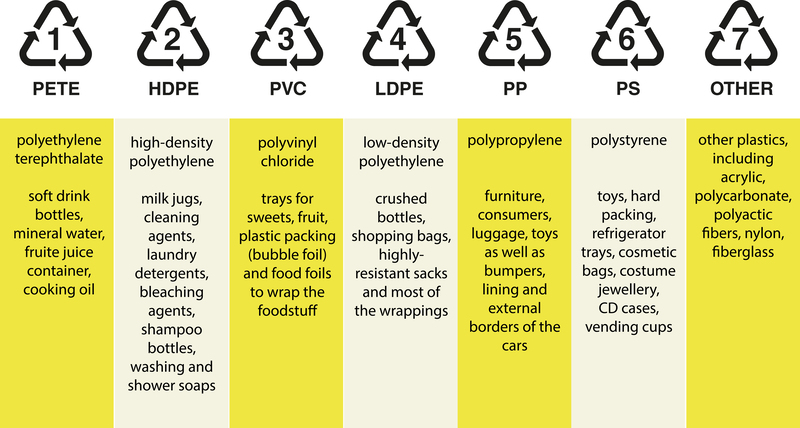Eco-Friendly Soft Plastic Recycling Tips
Posted on 03/06/2025
Recycling soft plastics is a crucial step in reducing environmental pollution and conserving resources. While many people are familiar with recycling hard plastics like bottles and containers, soft plastics, such as bags and wrappers, often end up in landfills. This article offers comprehensive tips on eco-friendly soft plastic recycling, ensuring you contribute positively to the environment.
Understand What Soft Plastics Are
Soft plastics are a category of plastic that typically includes items such as plastic bags, cling wrap, and food packaging. These materials are flexible and can be easily crumpled or bent. It’s important to recognize these items in your household to ensure they are properly recycled.

Why Recycle Soft Plastics?
Soft plastics are pervasive and can take hundreds of years to decompose. Recycling these materials helps reduce landfill waste, decreases greenhouse gas emissions, and conserves natural resources. By recycling soft plastics, you are actively participating in the development of a sustainable future.
Clean and Dry Your Soft Plastics
Before recycling soft plastics, it's essential to clean and dry them. Any food residue or moisture can contaminate the recycling process. Rinse off any food particles and let the plastics dry completely. This step ensures the recycled material maintains high quality.
Separate Soft Plastics from Hard Plastics
When recycling, it is crucial to separate soft plastics from hard plastics. Mixing them can cause contamination, making the recycling process less efficient. Use separate bins or bags for your soft plastic recyclables to keep things organized.
Find Local Recycling Programs
Not all recycling programs accept soft plastics. Research local recycling programs or drop-off points that specifically handle soft plastics. Some grocery stores offer drop-off bins for plastic bags and other soft plastic materials.
Participate in Terracycle Programs
Terracycle is a company that offers recycling solutions for hard-to-recycle materials, including soft plastics. They provide various programs that allow individuals and communities to recycle soft plastics efficiently. Visit their website to see how you can get involved.
Pros and Cons of Soft Plastic Recycling
Pros
- Reduces landfill waste
- Decreases greenhouse gas emissions
- Conserves natural resources
- Encourages sustainable living
Cons
- Not all areas have soft plastic recycling facilities
- Requires additional effort to clean and separate materials
- Potential contamination if not properly cleaned
- Limited awareness and participation
Tips for Effective Soft Plastic Recycling
- Always check with your local recycling center for their specific guidelines.
- Keep a dedicated bin for soft plastics to make recycling easier.
- Educate your family and community on the importance of soft plastic recycling.
- Support businesses and products that use recycled materials.

Takeaways
Recycling soft plastics is a vital yet often overlooked component of waste management. By understanding what soft plastics are, cleaning and separating them properly, and participating in the right recycling programs, you can make a significant impact. Remember, the pros far outweigh the cons, especially when considering the environmental benefits.
Conclusion
Eco-friendly soft plastic recycling is a manageable task with substantial benefits for the environment. By following these tips and staying informed, you can play a crucial role in reducing waste and promoting sustainability. Every small effort counts, and together, we can make a big difference.
Remember, understanding and implementing effective soft plastic recycling practices is not only good for the environment but also fosters a sustainable way of living for future generations.
Latest Posts
From Eyesore to Masterpiece: When Garbage Becomes Art
Industry welcomes government's move towards increased e-waste recycling

 020 8610 9486
020 8610 9486










